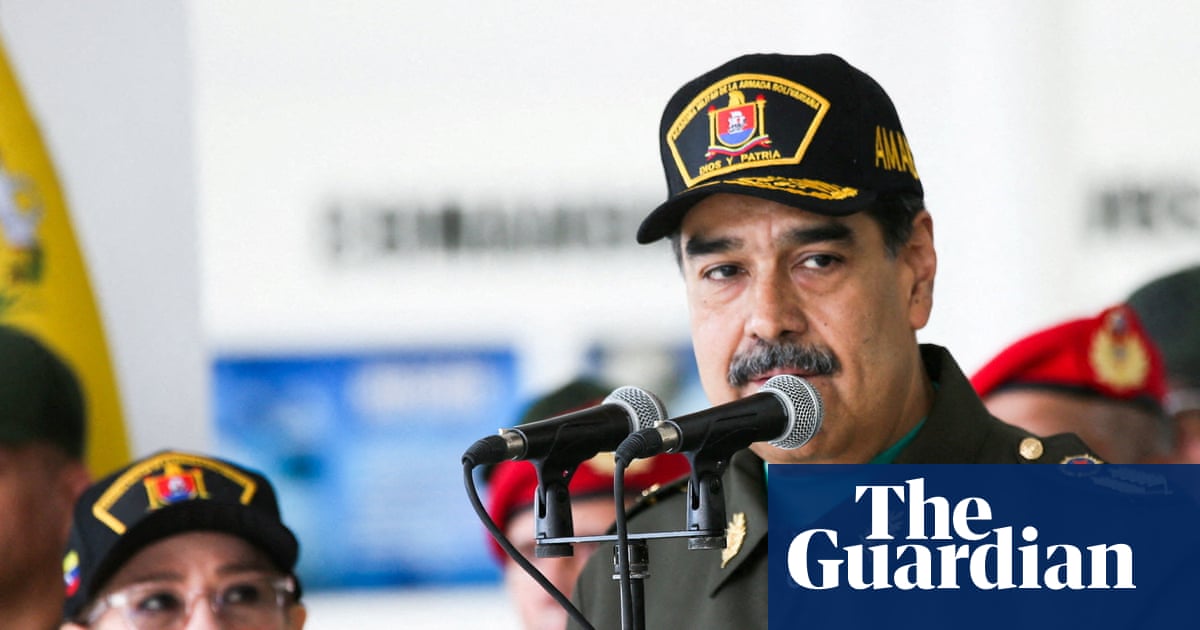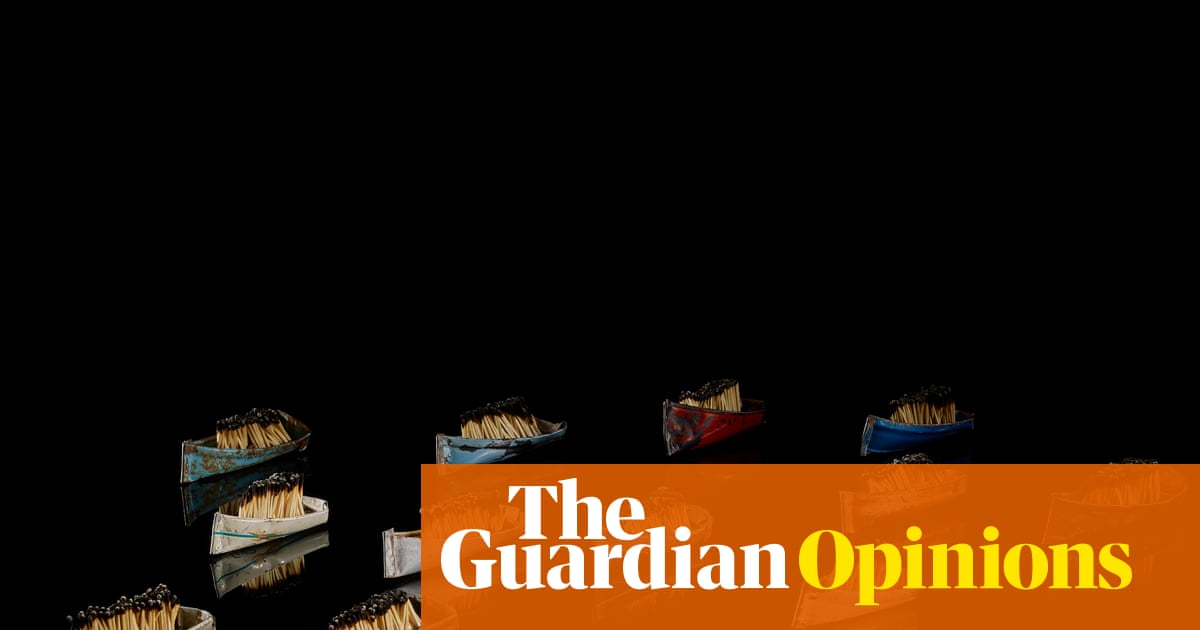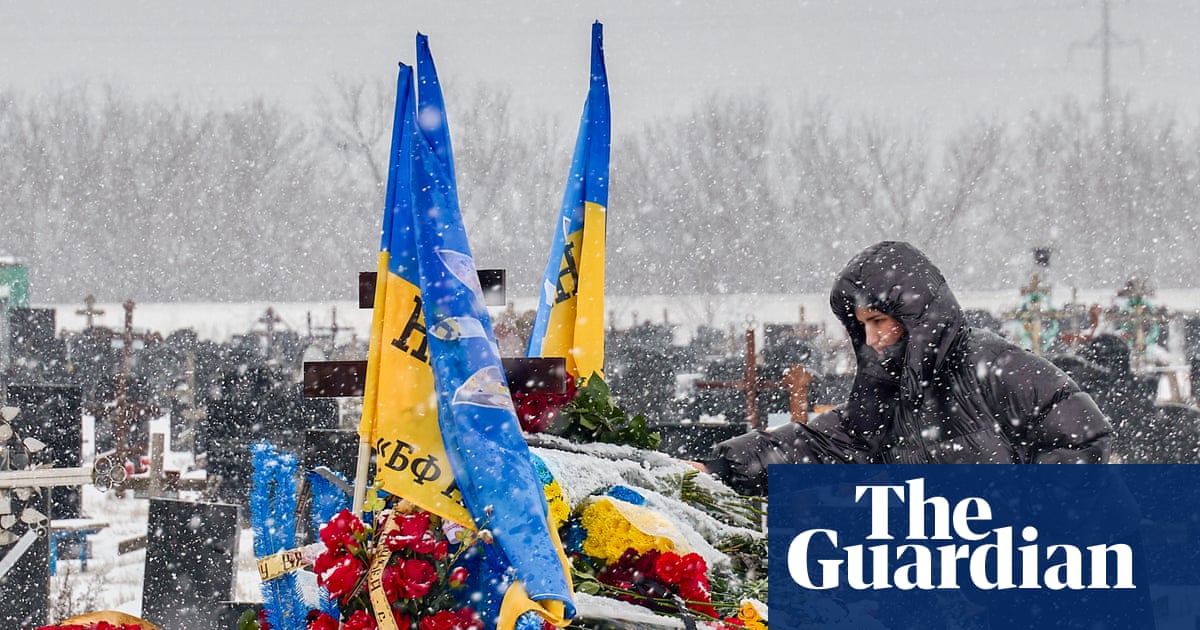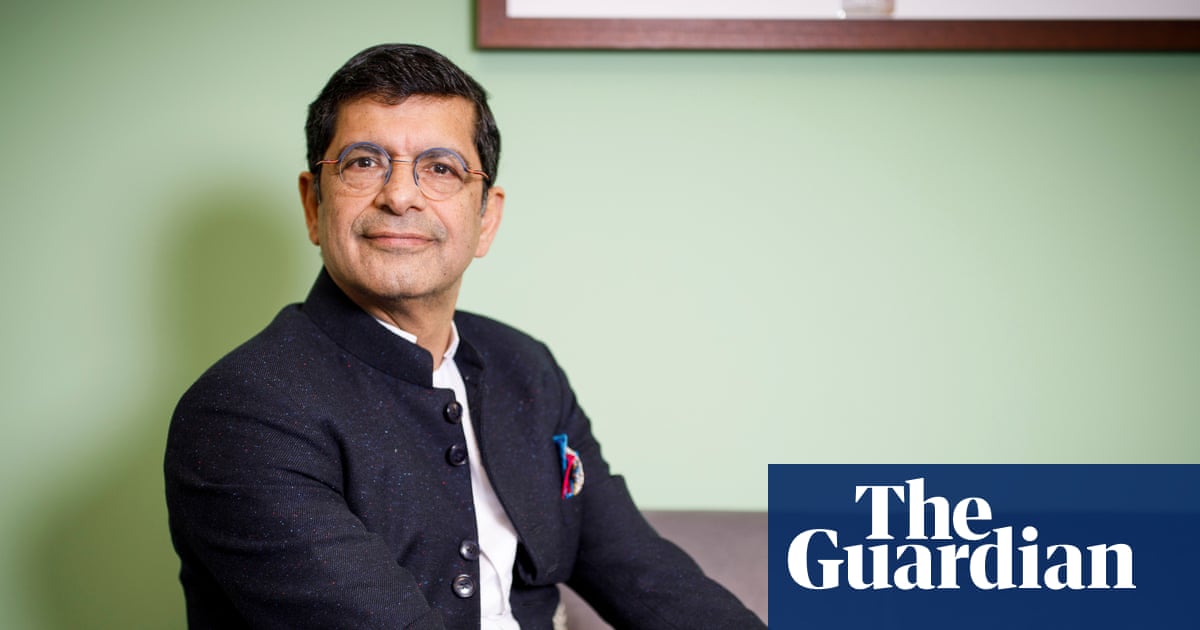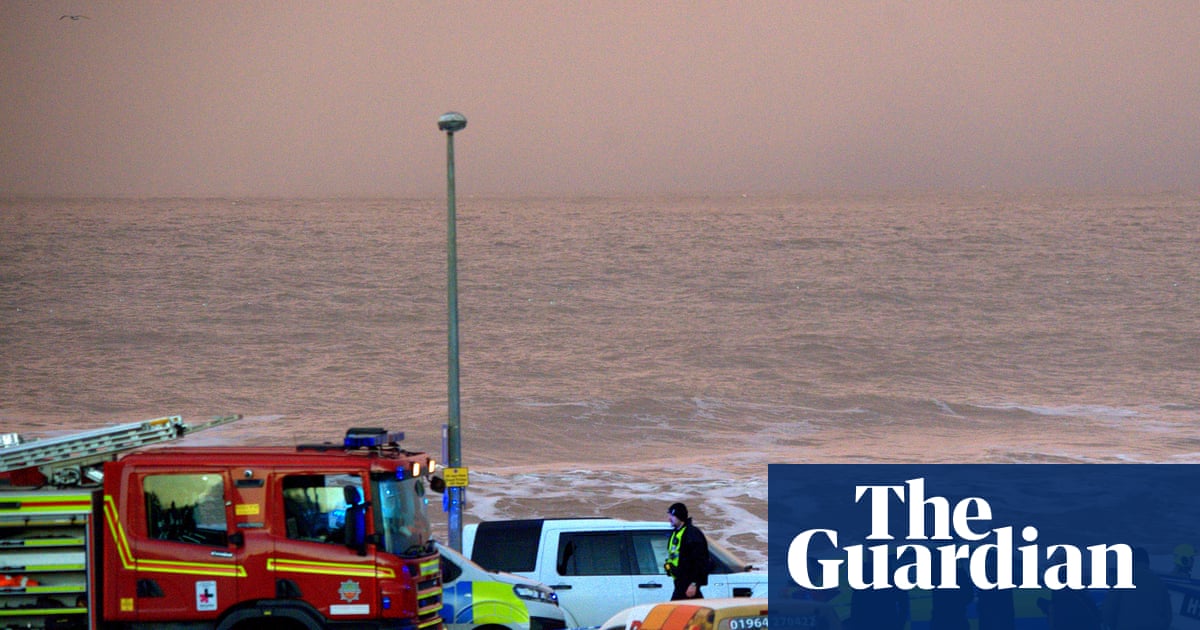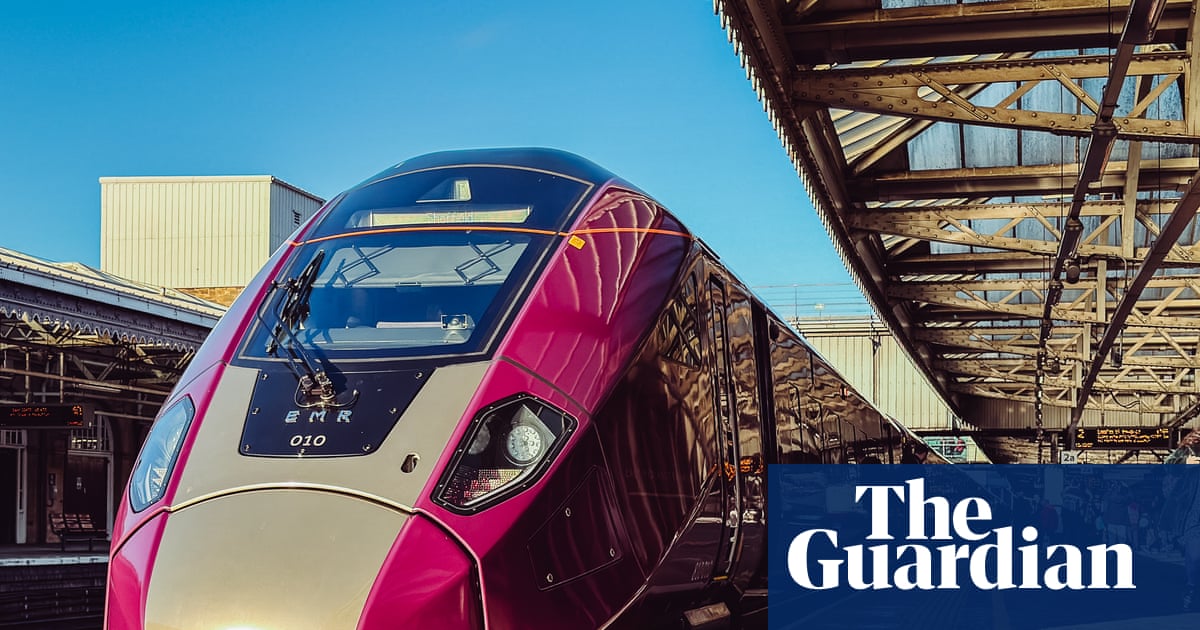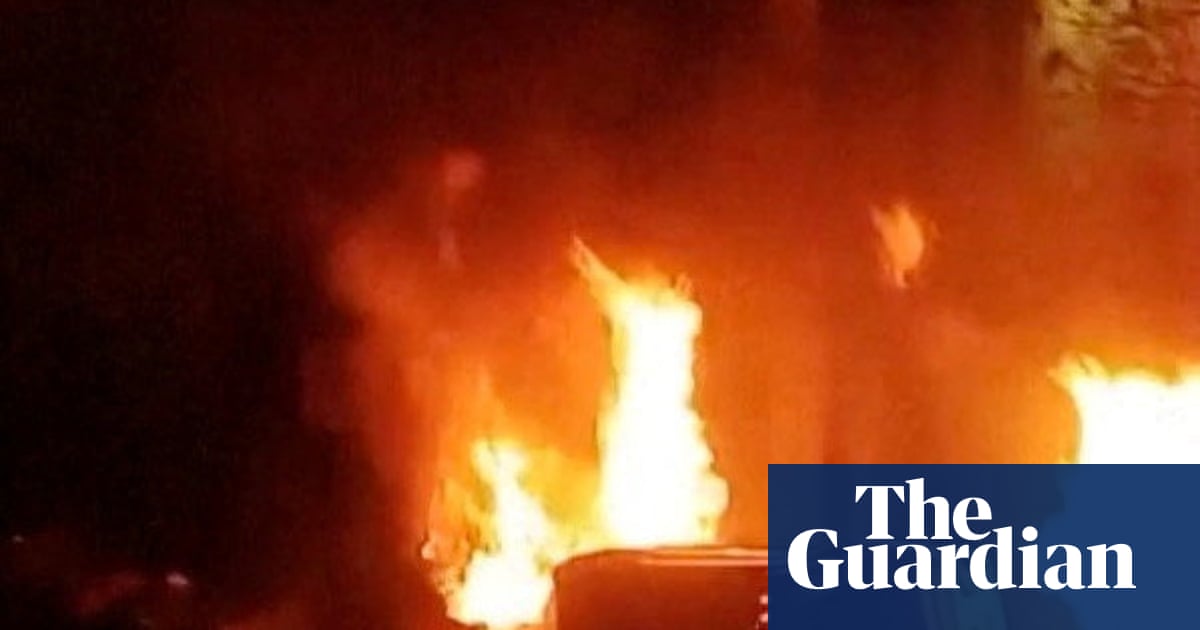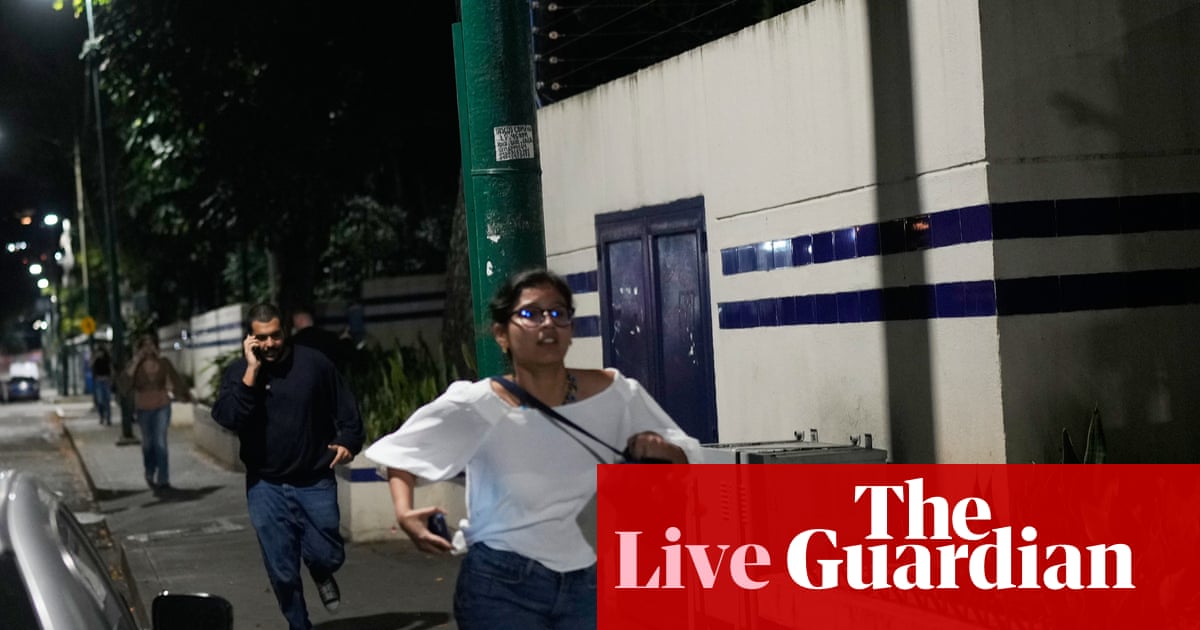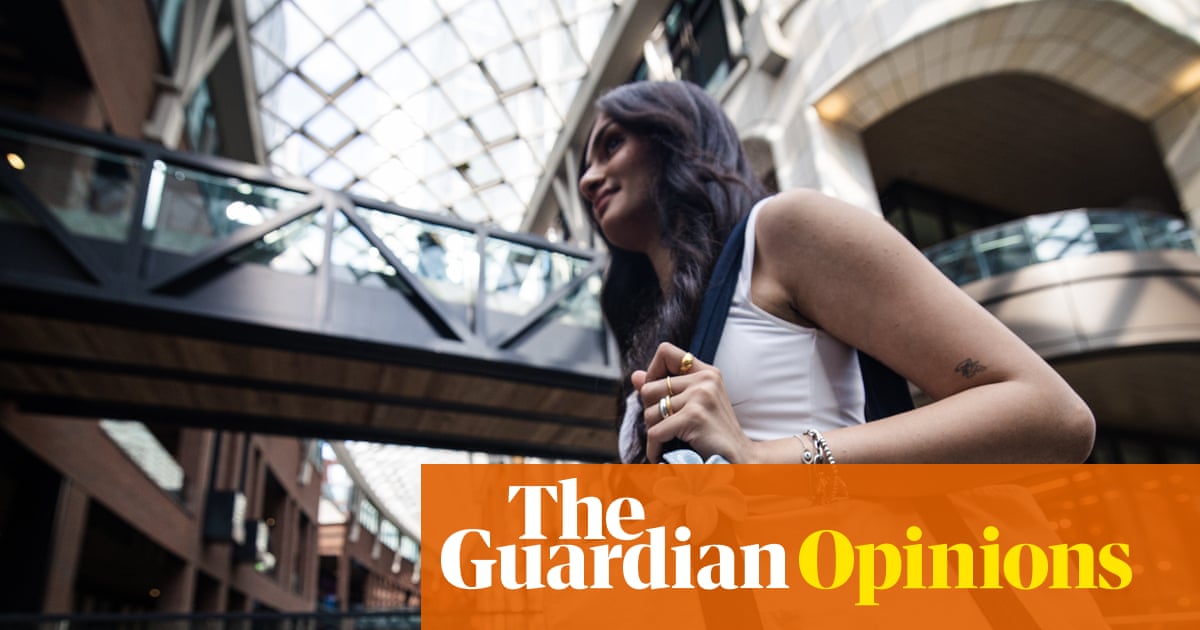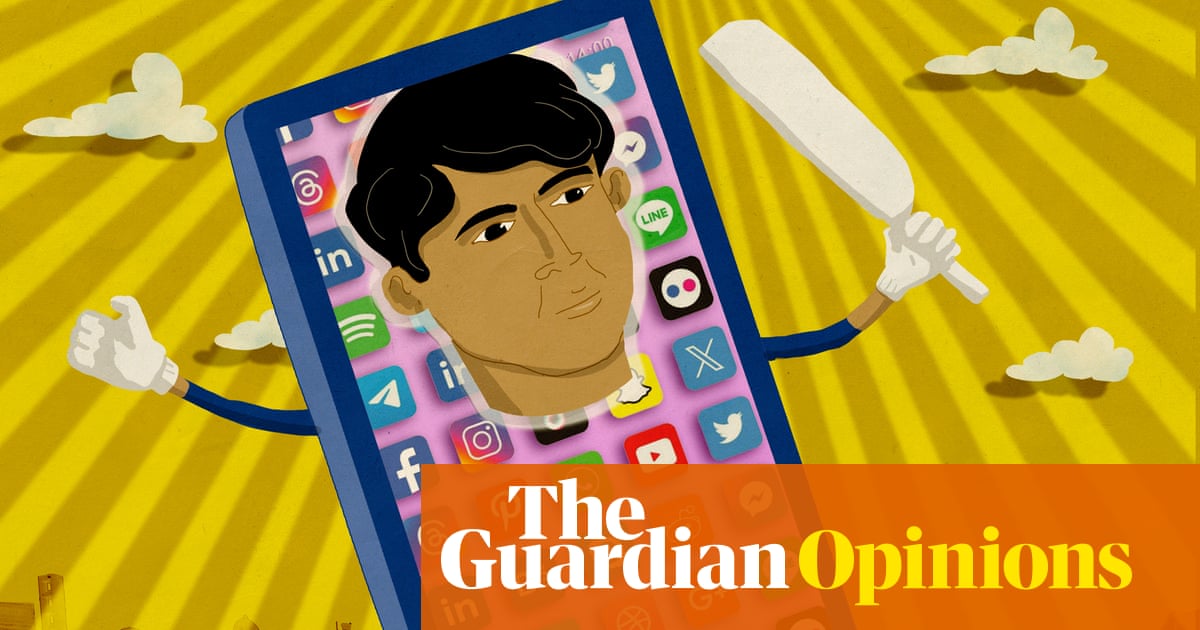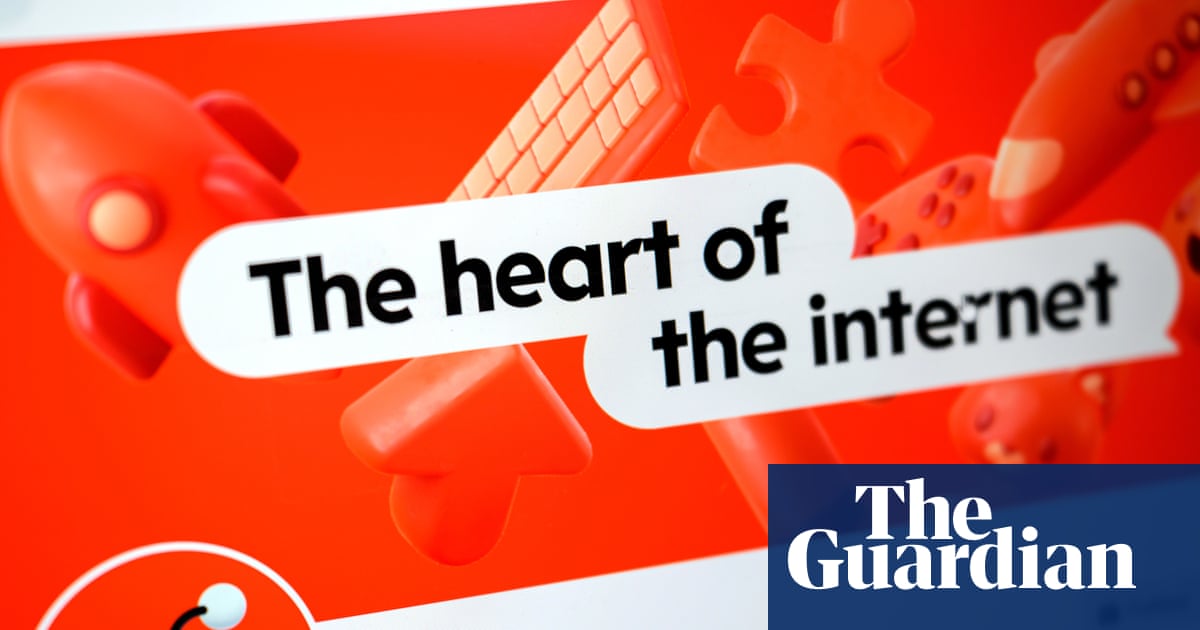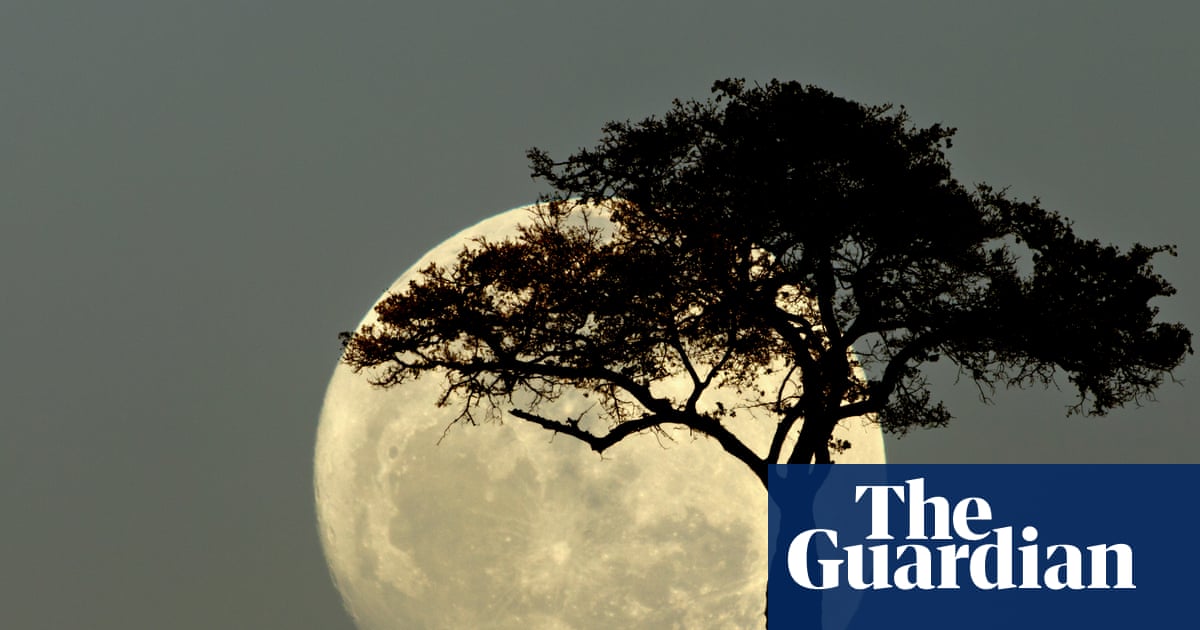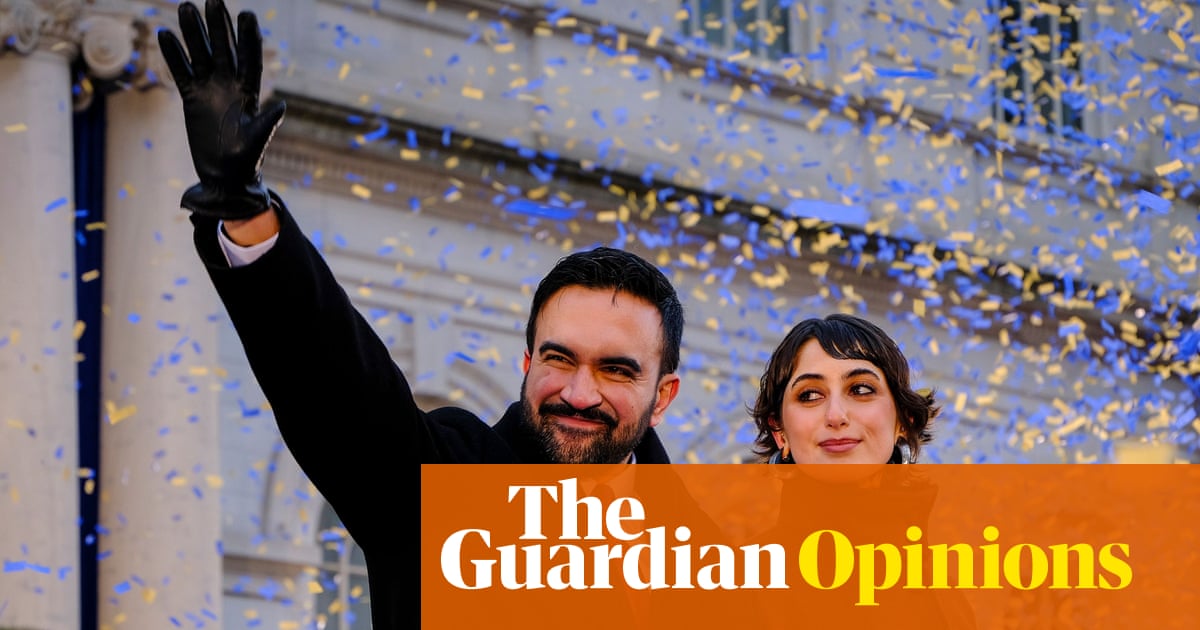Pacific leaders have gathered in Port Moresby to celebrate Papua New Guinea’s 50th anniversary of independence from Australia, as prime minster James Marape reflected on the moment and voiced his optimism for the future despite the country’s challenges.
Papua New Guinea was administered by Australia as a single territory from 1945. The territory included the former British protectorate of Papua and the former German colony of New Guinea. In 1975, Papua New Guinea was granted independence.
In an address at Independence Hill on Tuesday, Marape addressed a crowd of thousands.
“At one minute past midnight on 16 September 1975, our first governor general, Sir John Guise, declared to the world, Papua New Guinea is now independent,” Marape said.
“Earlier that evening, as the Australian flag was lowered, Sir John reminded the crowd that ‘we are lowering the Australian flag, not burying it’,” Marape said.
“Out of many, we became one, united under a single flag that was hoisted for the first time,” Marape said.
The prime minister said Guise’s words captured “goodwill in which independence was born not out of anger, but out of respect, humility, and faith in the future of Papua New Guinea.”
Celebrations and events have been held across Papua New Guinea to mark the Golden Jubilee.
Leaders gathered for the independence commemorations included Australia’s prime minister Anthony Albanese, Solomon Islands prime minister Jeremiah Manele, Cook Islands prime minister Mark Brown and Palau’s president Surangel Whipps Jr. His Royal Highness Prince Edward, the Duke of Edinburgh, and Tonga’s Crown Prince Tupoutoʻa ʻUlukalala also attended celebrations.
Early on Tuesday in Port Moresby, the Papua New Guinea flag was raised with Royal Australian air force fly pass and a 50-military gun salute by PNG Defence Force on Independence Hill, near parliament.
With an estimated population of about 11 million people, Papua New Guinea is the most populous nation in the Pacific after Australia. The country is grappling with deep social and economic challenges, including high levels of poverty, inadequate health and education services and high rates of violence.
Marape said the anniversary also offered a time to “reflect on our shortcomings, that every citizen of our country looks within themselves before we look outside.”
“I must admit for the last 50 years that we still have many pockets of poverty, many pockets of isolation, many pockets of communities that aren’t connected with each other, whether in transport infrastructure, education, health amongst others,” he said. He said while there are challenges, he remains optimistic.
“The country will stand on firm ground and fix these problems,” Marape said.
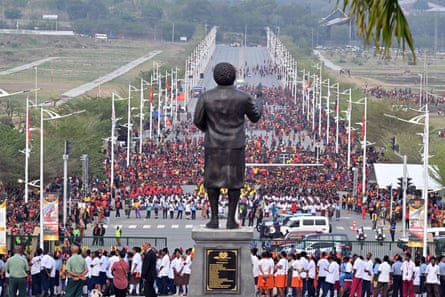
On Monday, Dame Jane Kekedo, a pioneering woman diplomacy, leadership and politics in Papua New Guinea, addressed crowds at an independence event held at Sir Hubert Murray Stadium.
“There was so much optimism especially for me as 25-year-old, I was excited to see a new day and different Papua New Guinea,” she recalled.
To mark 50 years of the nation’s independence, Australia will help Papua New Guinea build a new ministerial wing on to its parliament.
Albanese announced the support after attending a state dinner in Port Moresby with other country representatives, including Prince Edward, on Monday.
“Our support for the expansion of Parliament House is an investment in Papua New Guinea’s democracy and sovereignty that will benefit future generations,” he said on Tuesday.
“As close neighbours and warm friends, the future prosperity of our two nations are bound together,” Albanese said.

 3 months ago
70
3 months ago
70

